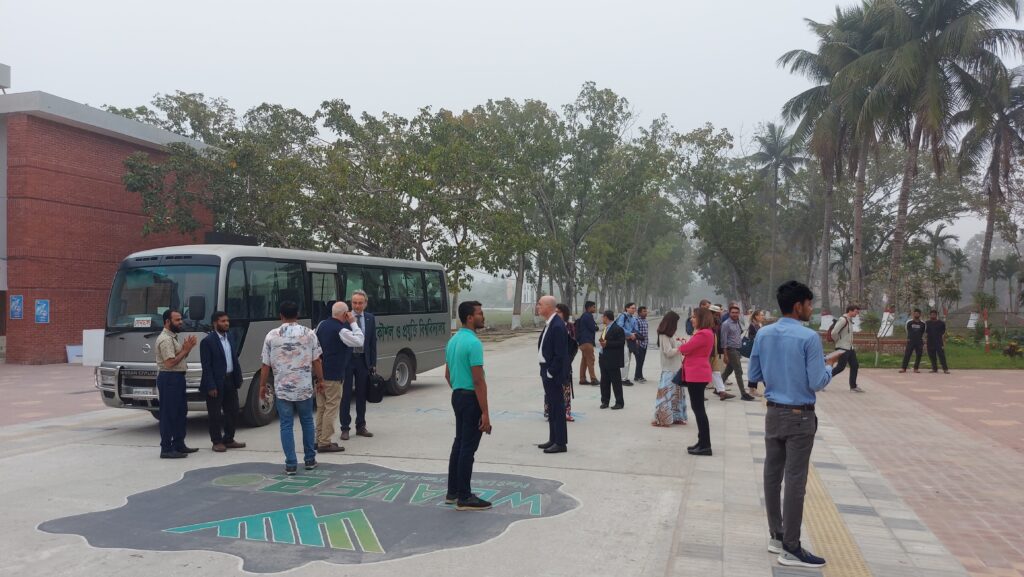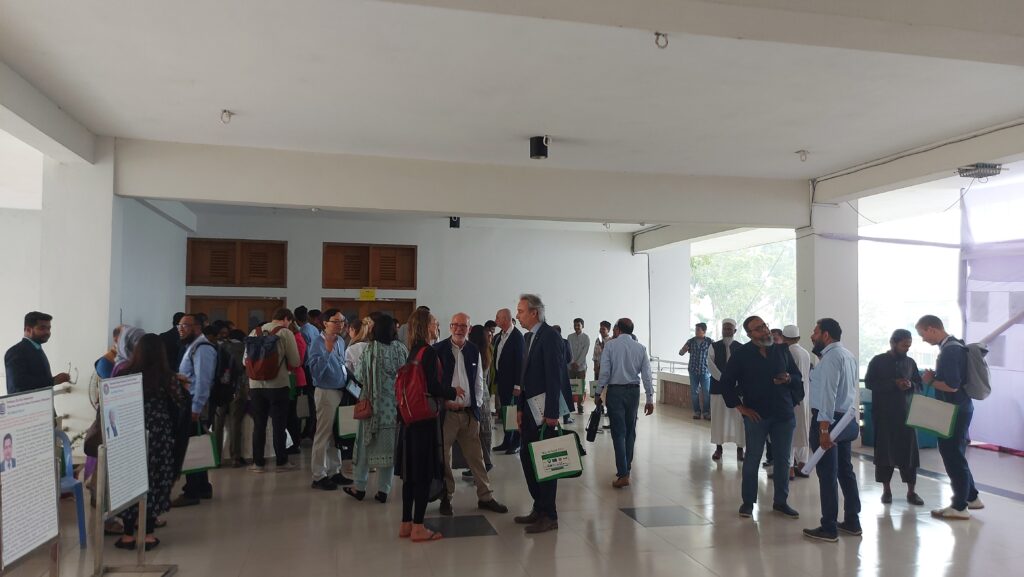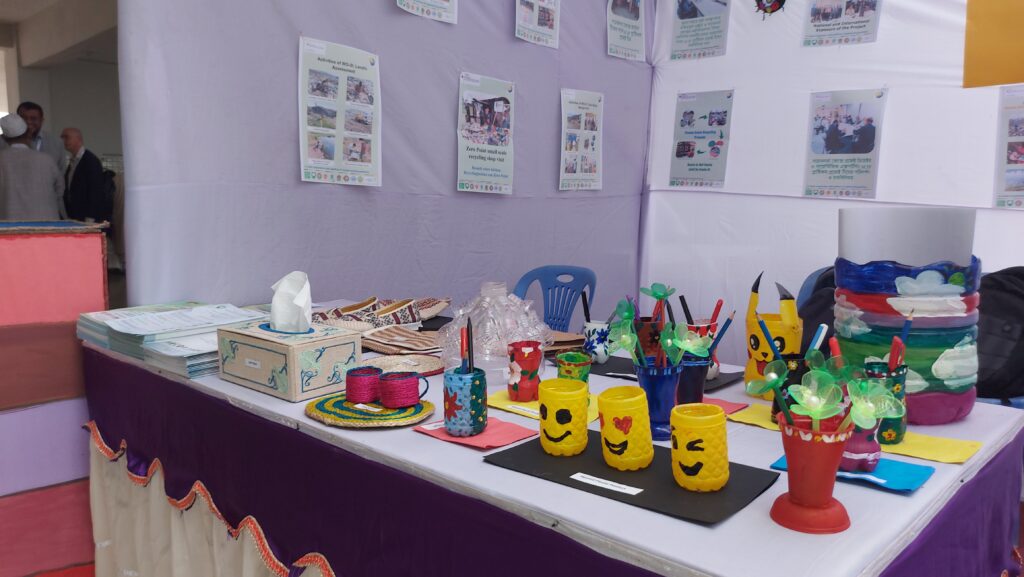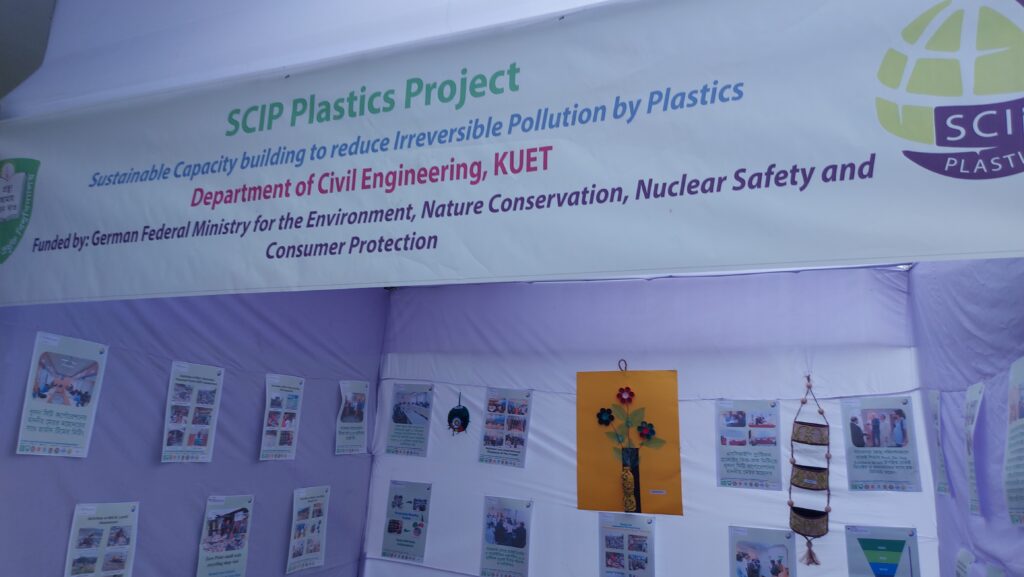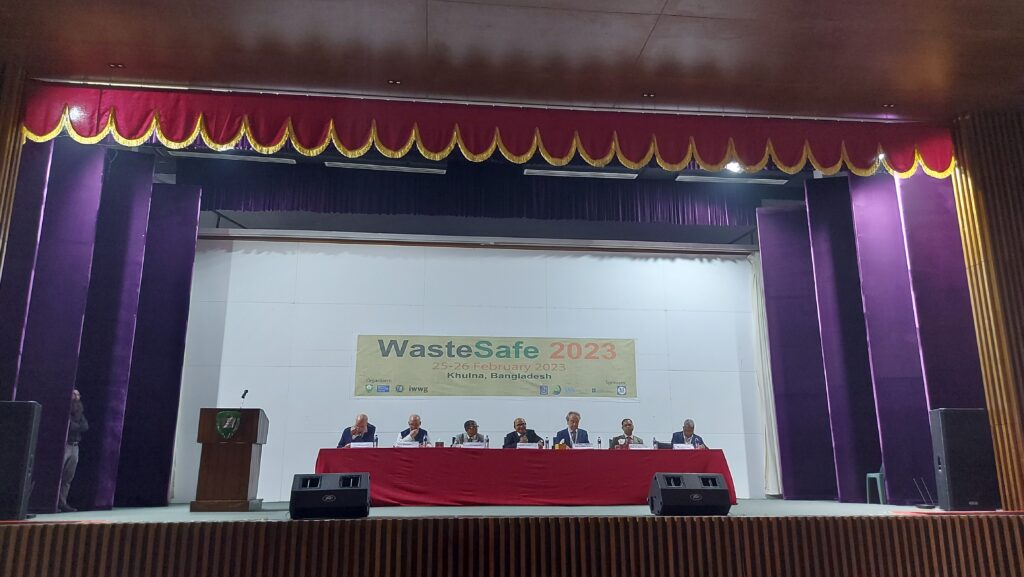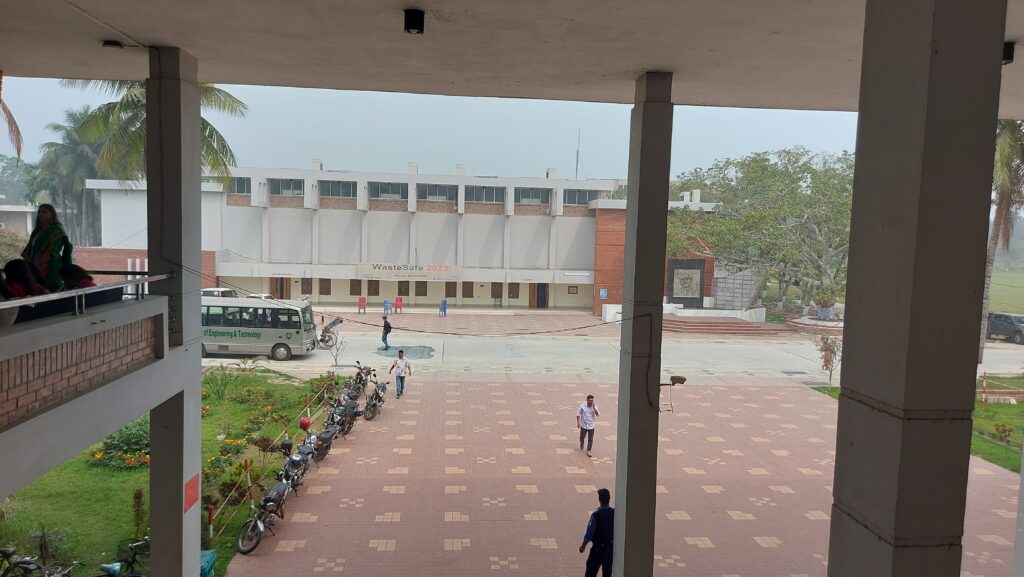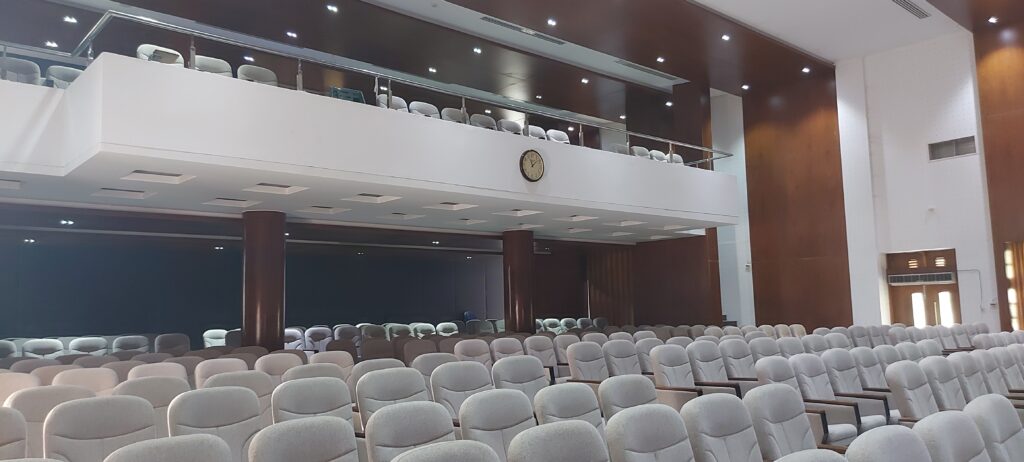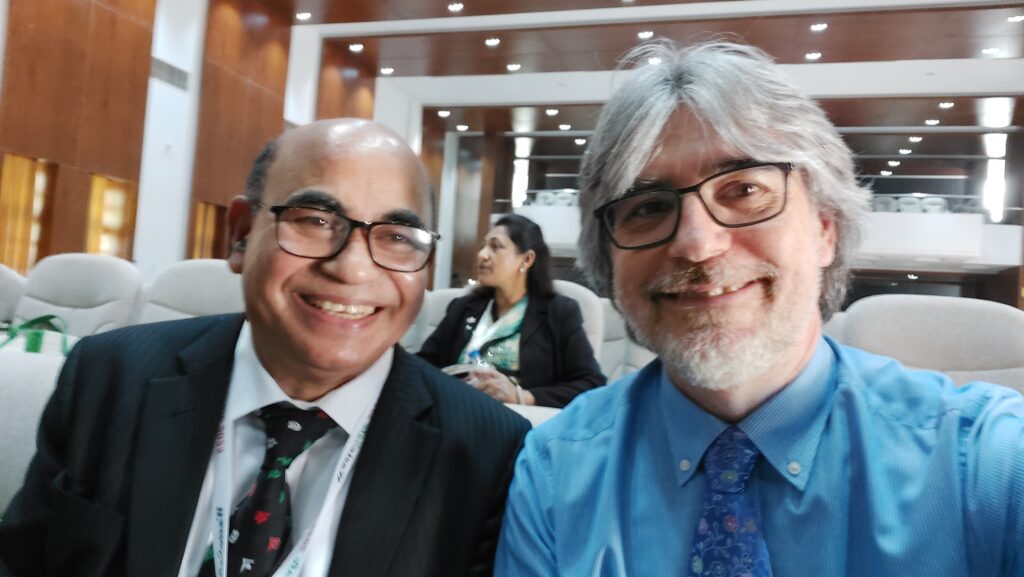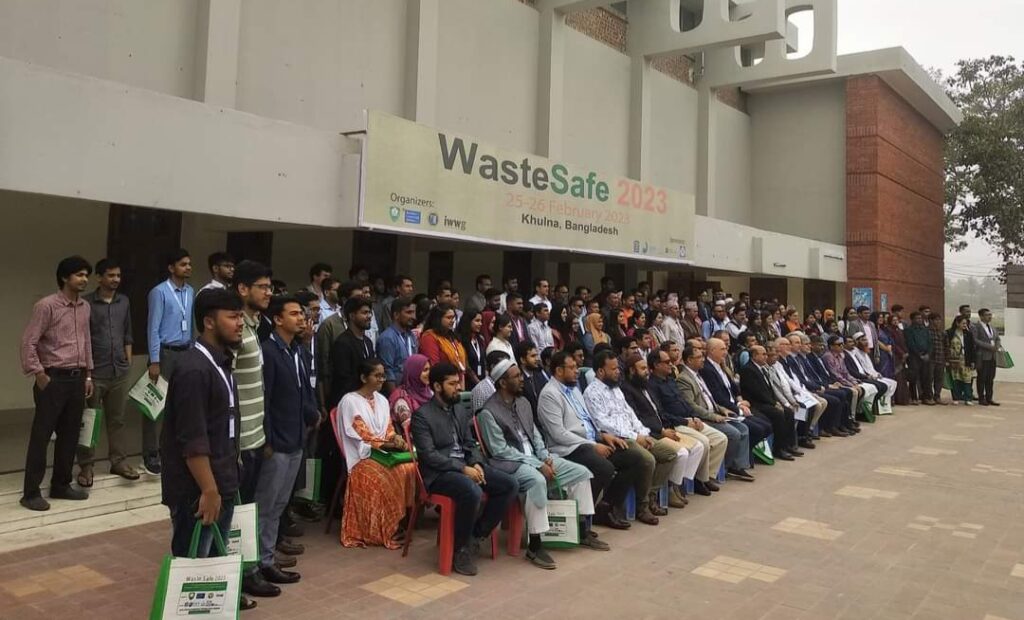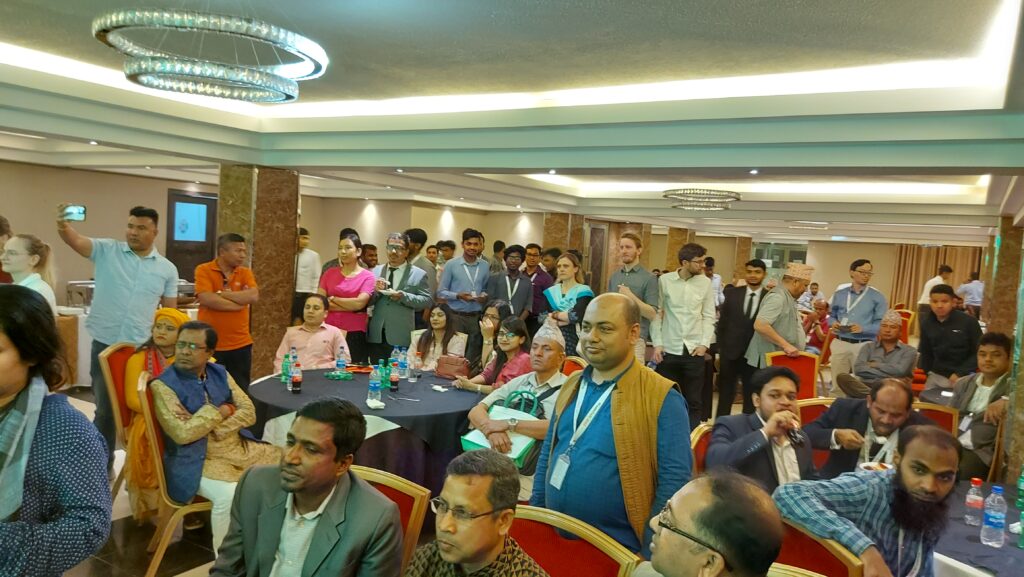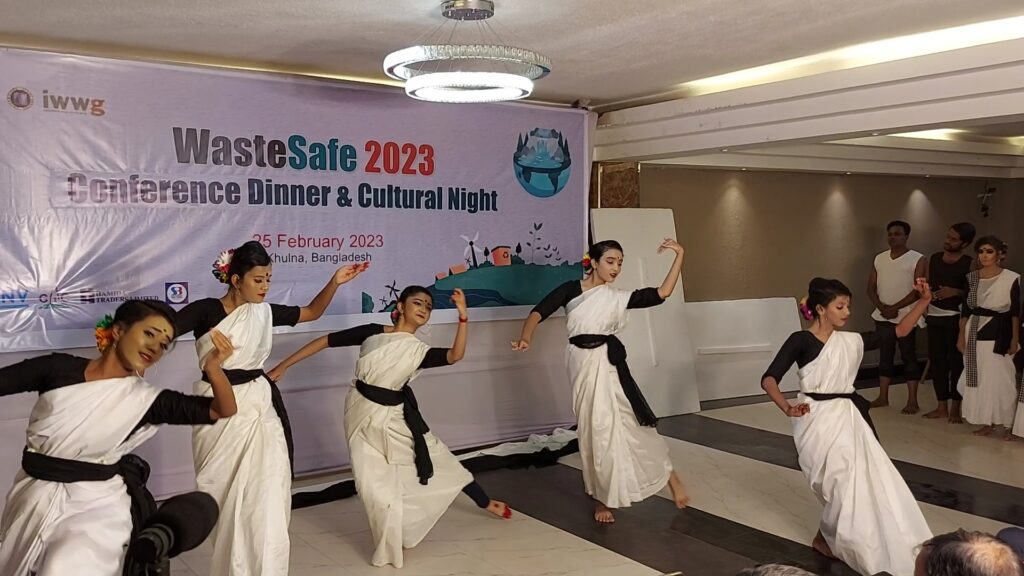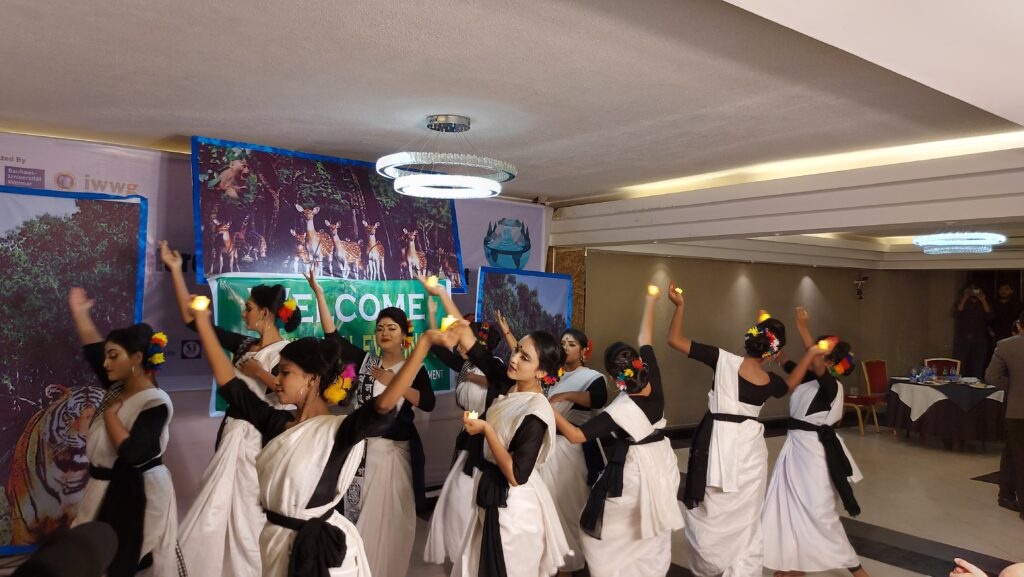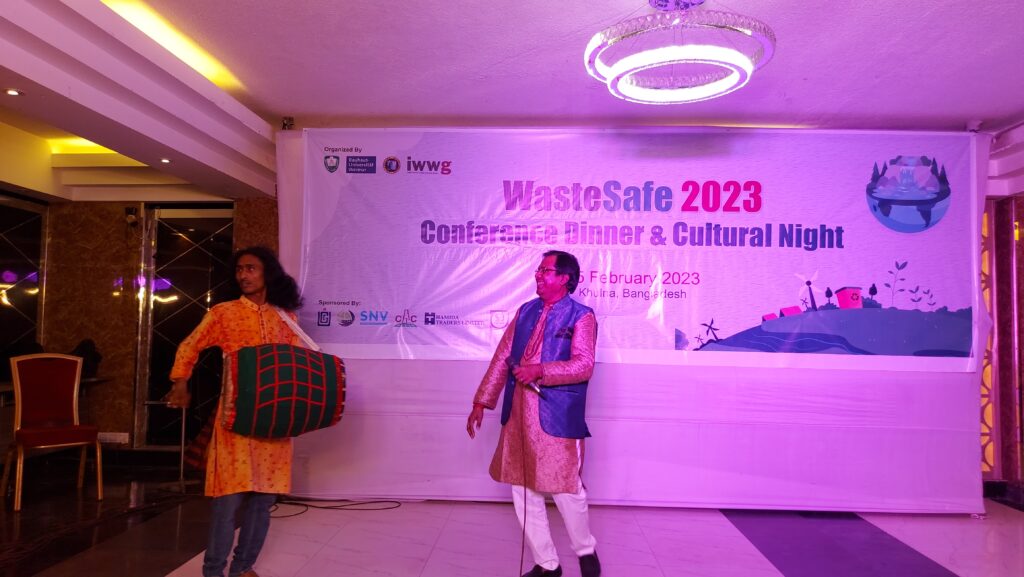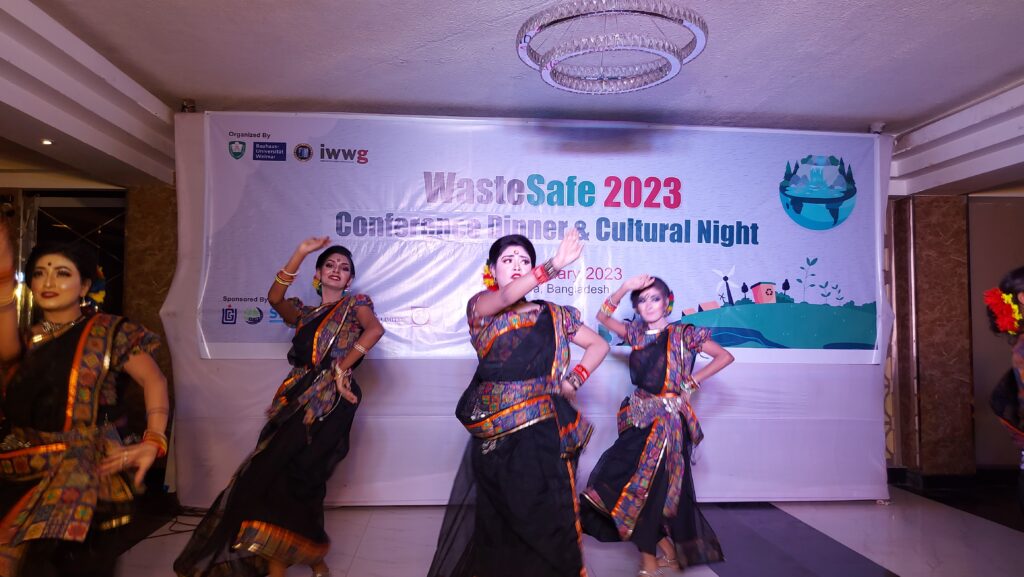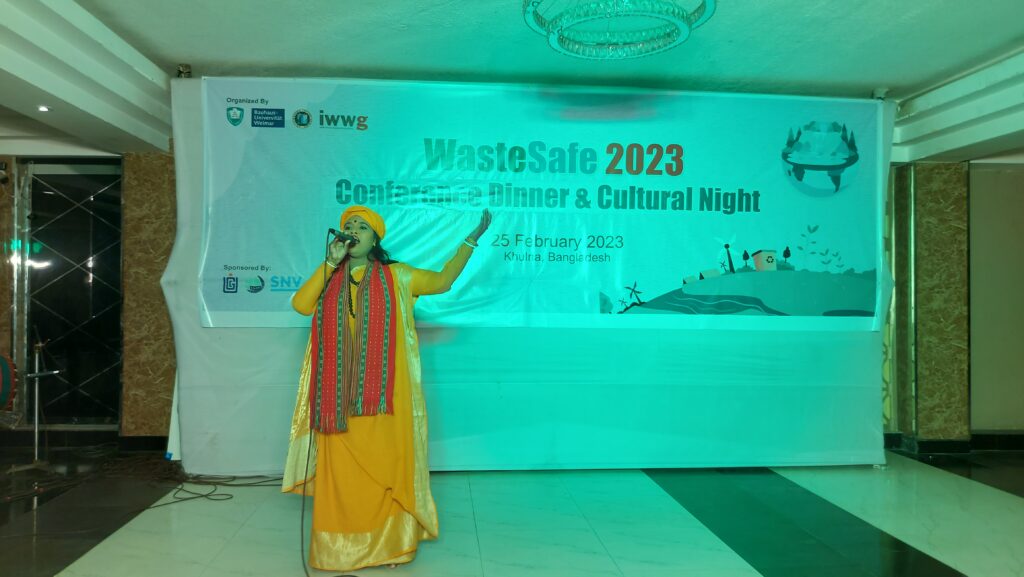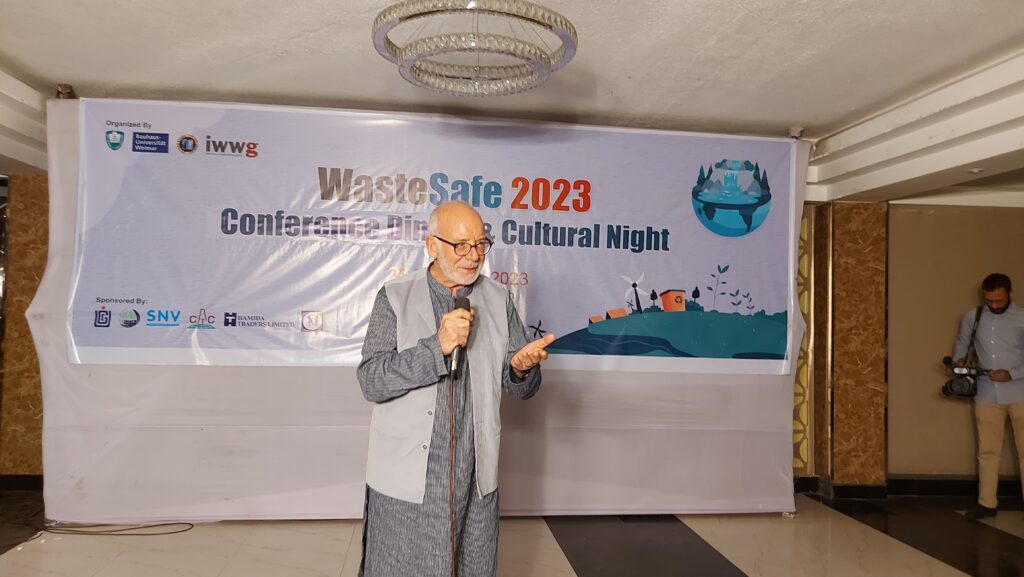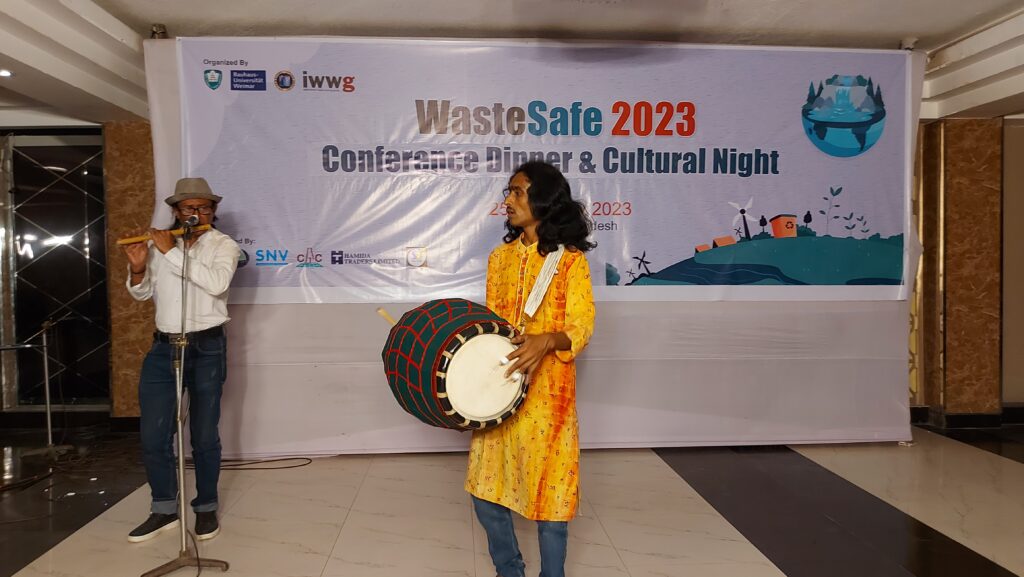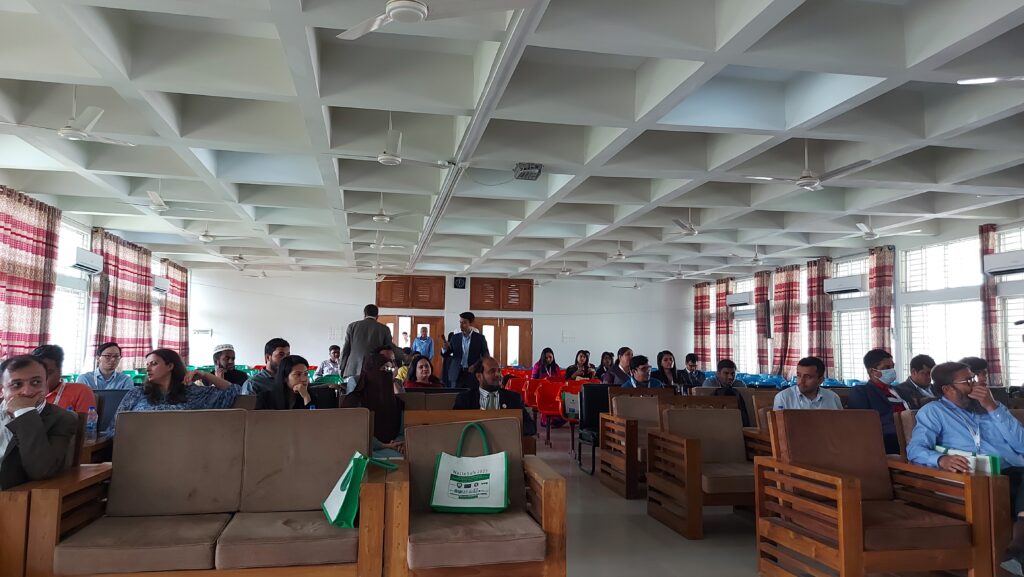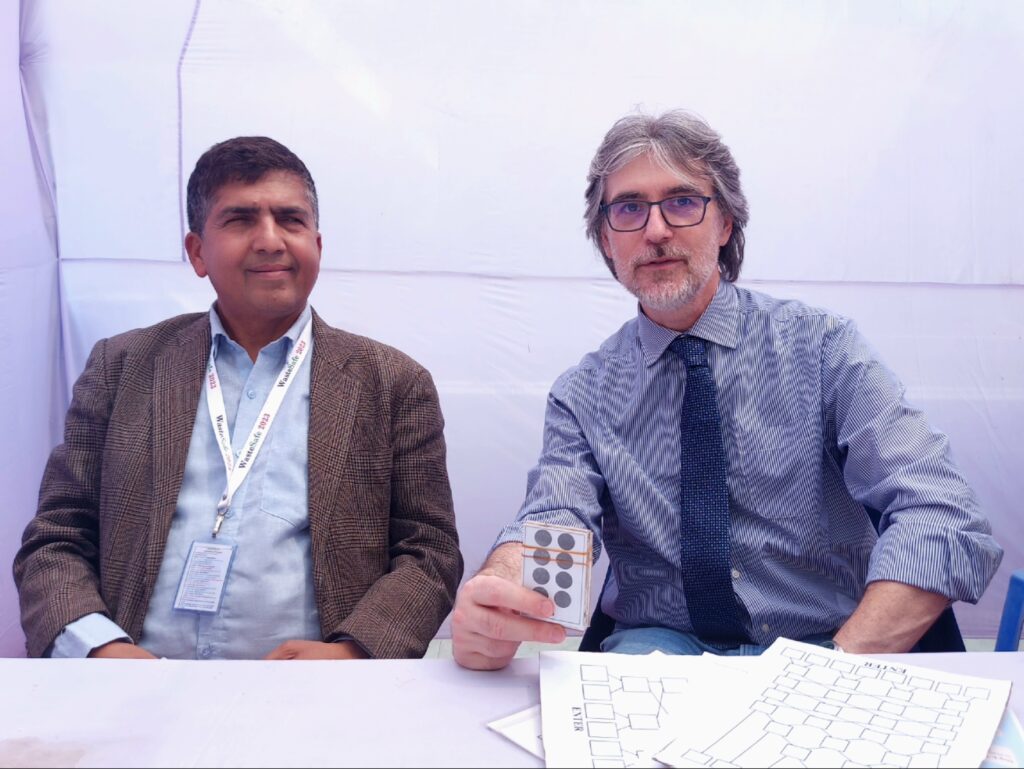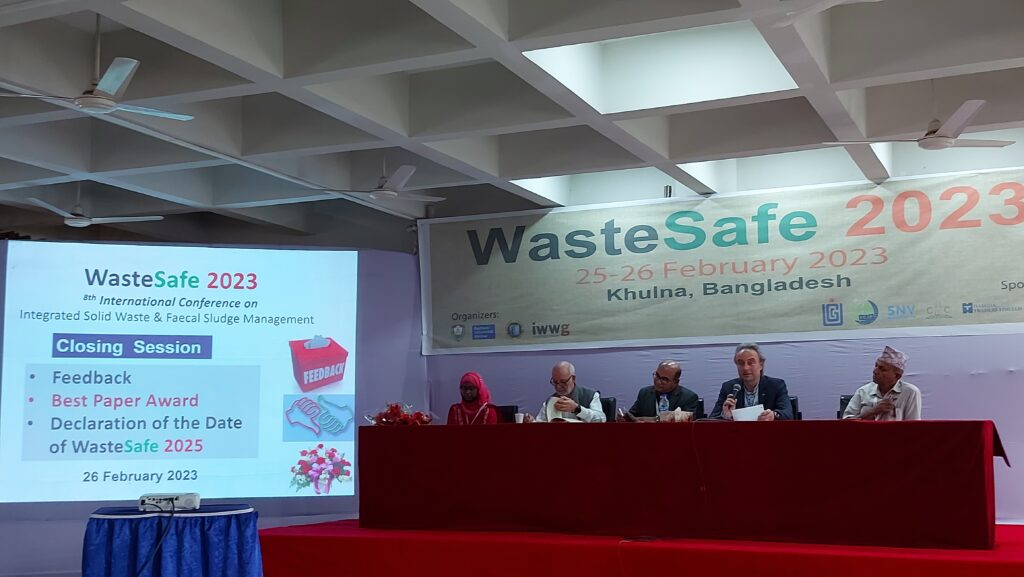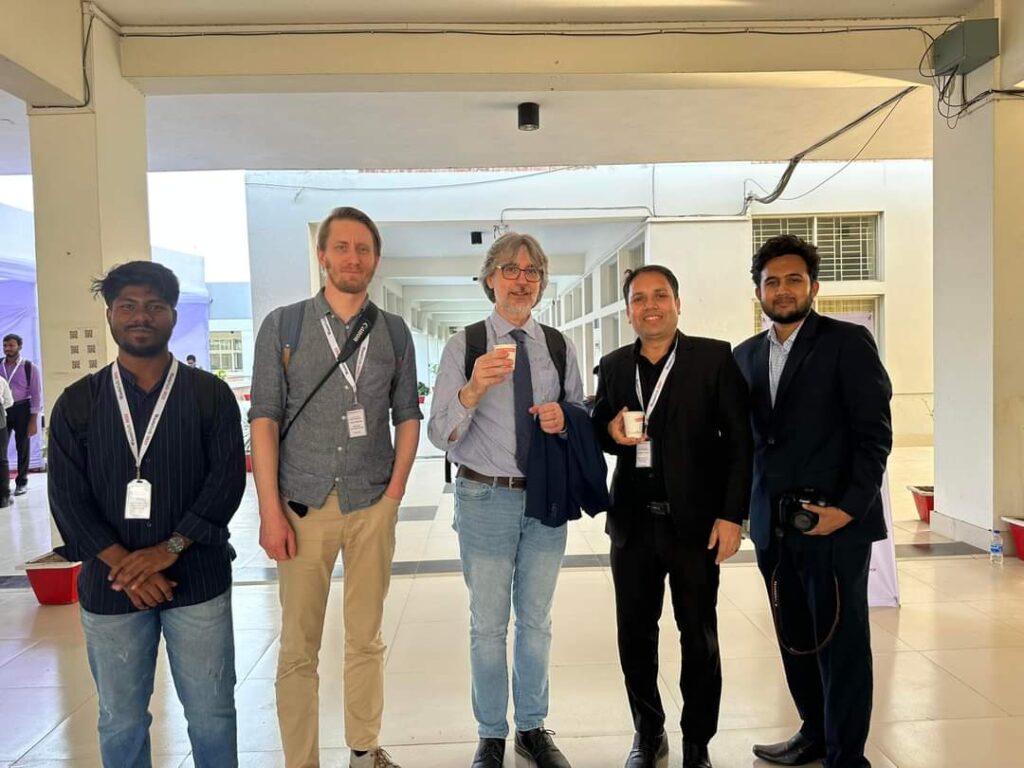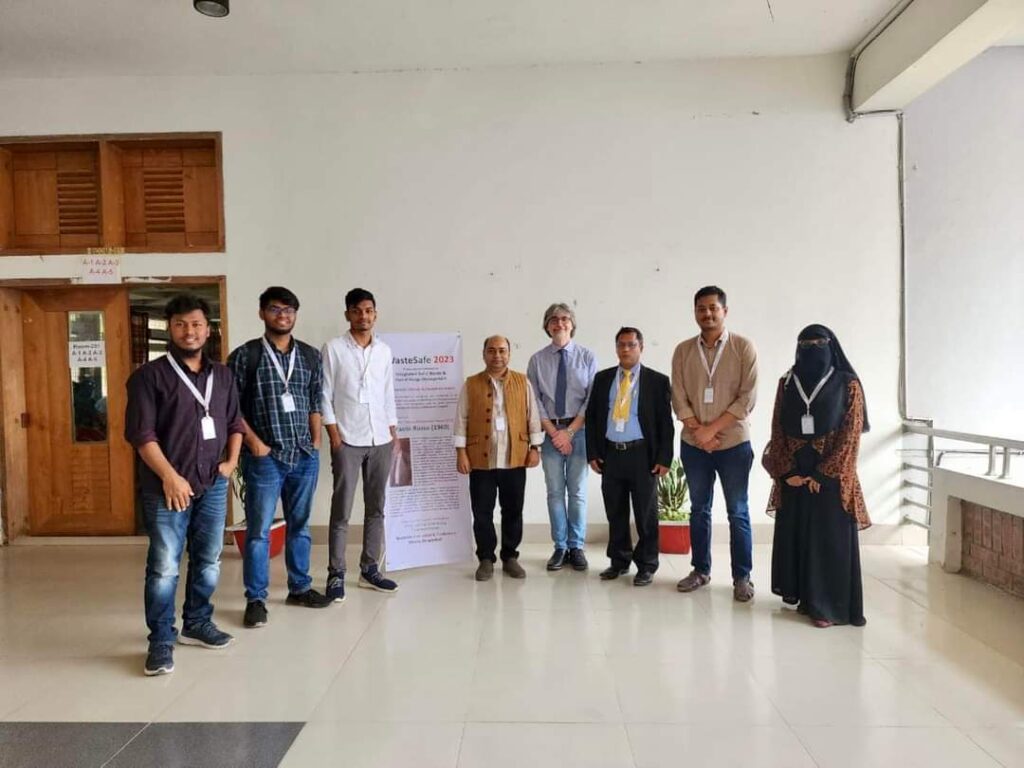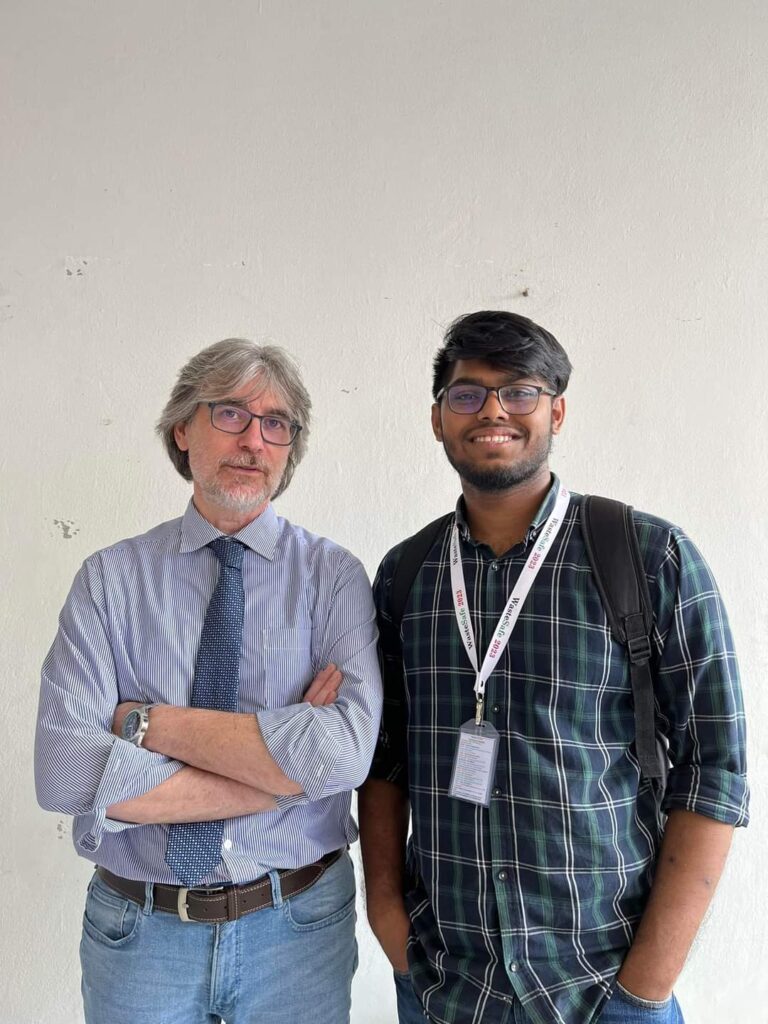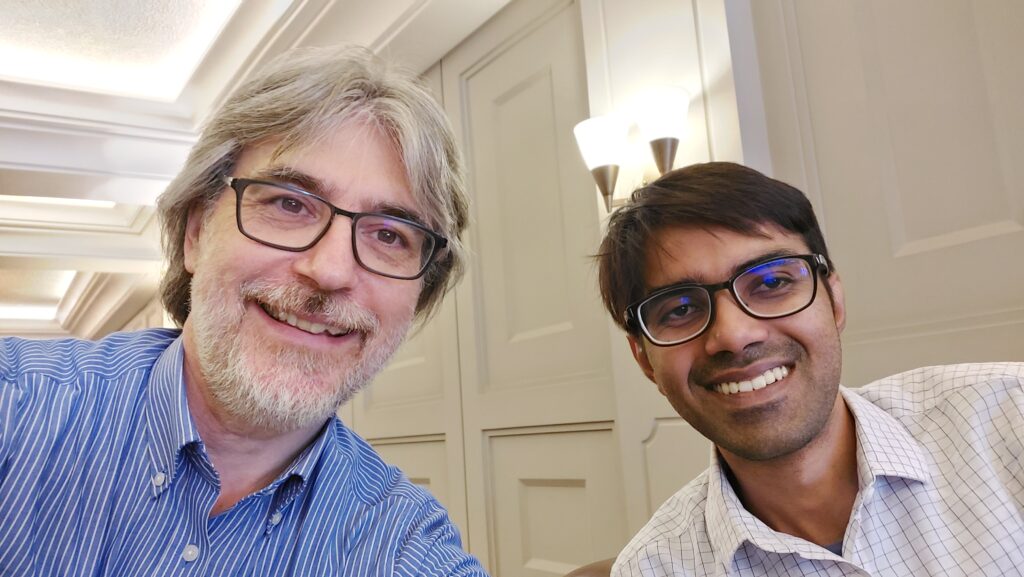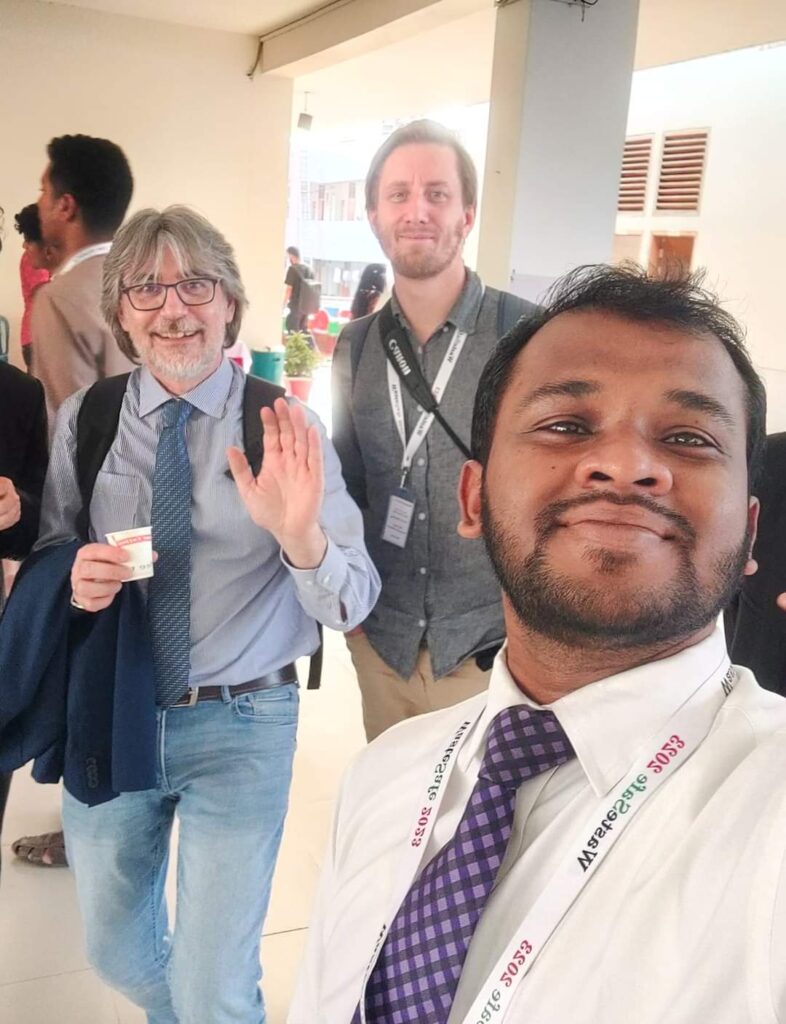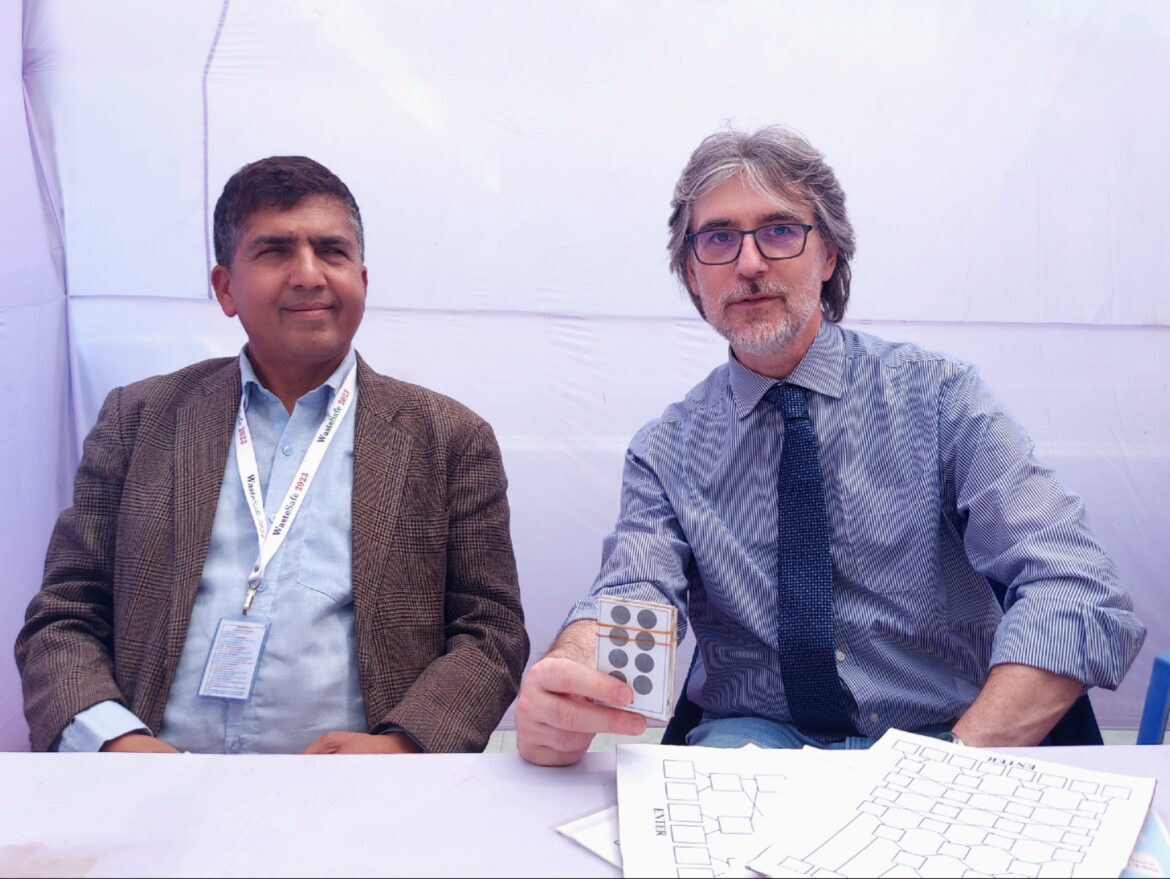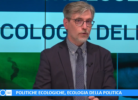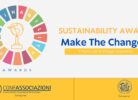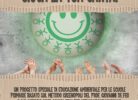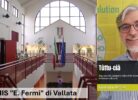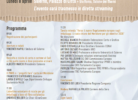WasteSafe 2023
8th International Conference on Integrated Solid Waste & Faecal Sludge Management, 25–26 February 2023: KUET, Khulna, Bangladesh
Jointly Organized by
Khulna University of Engineering and Technology, Bangladesh
Bauhaus University Weimar, Germany
University of Padova, Italy
International Waste Working Group (IWWG)
Conference Day I: 25 February 2023, SATURDAY
10:45-11:15 – Keynote by prof. Giovanni De Feo, University of Salerno, Department of Industrial Engineering (DIIN): “An innovative environmental education program based on interactive and entertaining approach”
‘Greenopoli’ is an education program that has been directly involved more than 300 schools and 60,000 students, mainly in Southern Italy, from December 2014 to the present (the method was conceived in 2006). The two main keywords of Greenopoli are sharing and sustainability. The first relates to the teaching method, while the second to the contents. Based on the Greenopoli method, the role of the educator changes to assume the functions of ‘moderator’, first encouraging the students to discuss the topic and subsequently, at appropriate intervals, intervening to support and relaunch the discussion or introduce new concepts. The Greenopoli moderator will strive to create a friendly, cheerful, and respectful environment and create a rapport with the students. The educator will provide leading questions and hints to uplift the student’s level (De Feo, 2022).
The whole process is facilitated when the educator communicates with enthusiasm and empathy, adding the right amount of humour and spontaneity, and displaying passion for the topic discussed. The educator must avoid putting himself/herself on a pedestal (even in a physical sense) and must remain at the level of his/her interlocutors and display eagerness to learn new things, being a student among students. Identifying oneself with those we address is a mandatory starting point when seeking to establish truly effective communication (De Feo, 2022).
The use of simple eco-rap music is an innovative tool adopted by the Greenopoli method. The idea of environmental communication through rap, an activity that has been renamed ‘green rapping’, was conceived almost by chance, at the request of a group of students from a lower secondary school: this epitomizes the sense of the phrase ‘being a student among students’. At the end of each meeting, the educator should have learned something new from his/her students. Educators working with children readily acknowledge that the students will teach you the best way to communicate with them. A green rap is set in a cappella form, using only stomping and/or clapping as a rhythmic body percussion beat such as ‘We Will Rock You’ by Queen. An example of how to simplify the communication of complex themes is represented by the ‘Little rap of knowledge’: ‘Time patience passion and skills, think and rethink always pay the bills! Plan Do Check and Act, learning from mistakes is how you can react’. The second verse of the rap clearly refers to the ‘Deming cycle’ based on the PDCA approach. The aim is to impart a logical process of systemic thinking to children and youths, highlighting the importance of learning from one’s mistakes and putting learning into practice (De Feo, 2022).
In 2018, Greenopoli received the national ‘Environmentalist of the year’ prize. In 2019, a full educational lesson of Greenopoli was transmitted on a TV channel. In the same year, Greenopoli collaborated with a waste management company in the realization of a TV program with the presence of a young youtuber to reach digital native users. In 2020, Greenopoli developed the ‘Environment and Surroundings’ (‘Ambiente e Dintorni’, in Italian) TV programme. The first edition of the program, fully available even on the Greenopoli YouTube channel, was developed in fourteen episodes. In 2020, Greenopoli was invited to give a talk at a TEDx event to speak about its environmental education method. In 2021, Greenopoli won the ‘2021 Sustainable and Resilient Public Administration Award’ with the project ‘Life cycle assessment (LCA) and environmental dissemination with the Greenopoli method’ because ‘the project aimed to create a new environmental sensitivity in children, teens, and adults, allowing them to understand complex concepts in a simple way’. In 2022, Greenopoli developed a video for Vietnamese lower-level schools aimed at raising awareness and curiosity among the younger generation about waste management and separate collection (De Feo, 2022).
There are no age limits for learning with Greenopoli. For instance, in kindergartens children are engaged in tactile games with recyclable materials. They are shown how each material has a different sound, helping children to understand which separate container the waste should be collected in. The project ‘Little Environmental Guards’ (LEGs) was developed specifically for primary schools. The underlying notion is that the adults must walk with the ‘legs’ of their children (environmental natives) if they wish to improve their own environmental behaviour. LEGs projects
are active in several cities throughout the Campania region in Southern Italy. The project ‘I, exemplary citizen’, in Salerno (approx. 130,000 inhabitants) achieved a huge success on the Internet and in the newspapers, with even a website for rap music publishing an article entitled: ‘Rap moves the masses, a project in Salerno encourages people to take responsibility’ (De Feo, 2022).
Life cycle thinking is introduced to illustrate to students the sequence of extraction, manufacturing, distribution, use, and disposal of raw materials, all life cycle phases concealed within an object/waste. In Greenopoli meetings, the life cycle approach is adopted in an intent to go beyond traditional viewpoints by referring to the environmental, social, and economic impacts of a product, process, or service over its entire life cycle (De Feo et al., 2019). For example, a roll of toilet paper is one of the objects used to explain the life cycle concept in a humorous way, and starts by asking students the weight of a one kilogram roll of toilet paper… We must learn not to limit our vision of goods to their mere physical appearance, but to envisage where it has originated from and what it is destined to become. In any given product, we must envisage all the life cycles through which it was generated together with those that will follow (De Feo, 2022).
REFERENCES
De Feo, G., 2022. Environmental education as a bridge between scientists and non-scientists to remove barriers and prejudice, Detritus, 21, 1-2, DOI: 10.31025/2611-4135/2022.17236
De Feo, G., Ferrara, C., Iannone, V., Parente, P. 2019. Improving the efficacy of municipal solid waste collection with a communicative approach based on easily understandable indicators. Sci. Total Environ. 651(2), 2380-2390. https://doi.org/10.1016/j.scitotenv.2018.10.161
Here you can find some pictures from the Conference:
